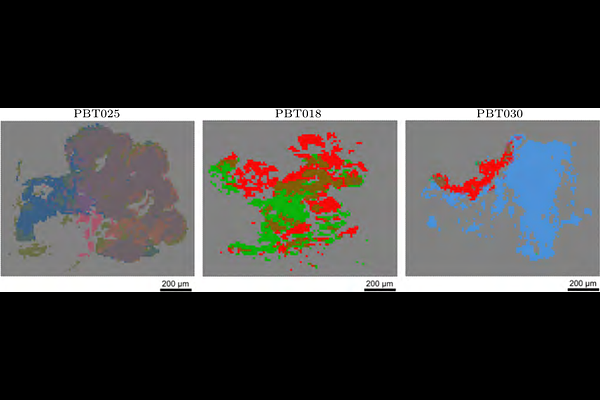Study of combination CAR T-cell treatment for glioblastoma using mathematical modeling

Study of combination CAR T-cell treatment for glioblastoma using mathematical modeling
Li, R.; Barish, M.; Gutova, M.; Brown, C.; Rockne, R.; Cho, H.
AbstractGlioblastoma is a highly aggressive and difficult-to-treat brain cancer that resists conventional therapies. Recent advances in chimeric antigen receptor (CAR) T-cell therapy have shown promising potential for treating glioblastoma; however, achieving optimal efficacy remains challenging due to tumor antigen heterogeneity, the tumor microenvironment, and T-cell exhaustion. In this study, we developed a mathematical model of CAR T-cell therapy for glioblastoma to explore combinations of CAR T-cell treatments that take into account the spatial heterogeneity of antigen expression. Our hybrid model, created using the multicellular modeling platform PhysiCell, couples partial differential equations that describe the tumor microenvironment with agent-based models for glioblastoma and CAR T-cells. The model captures cell-to-cell interactions between the glioblastoma cells and CAR T-cells throughout treatment, focusing on three target antigens: IL-13R2, HER2, and EGFR. We analyze tumor antigen expression heterogeneity informed by expression patterns identified from human tissues and investigate patient-specific combination CAR T-cell treatment strategies. Our model demonstrates that an early intervention is the most effective approach, especially in glioblastoma tumors characterized by mixed antigen expression. However, in tissues with clustered antigen patterns, we find that sequential administration with specific CAR T-cell types can achieve efficacy comparable to simultaneous administration. In addition, spatially targeted delivery of CAR T-cells to specific tumor regions with matching antigen is an effective strategy as well. Our model provides a valuable platform for developing patient-specific CAR T-cell treatment plans with the potential to optimize scheduling and locations of CAR T-cell injections based on individual antigen expression profiles.